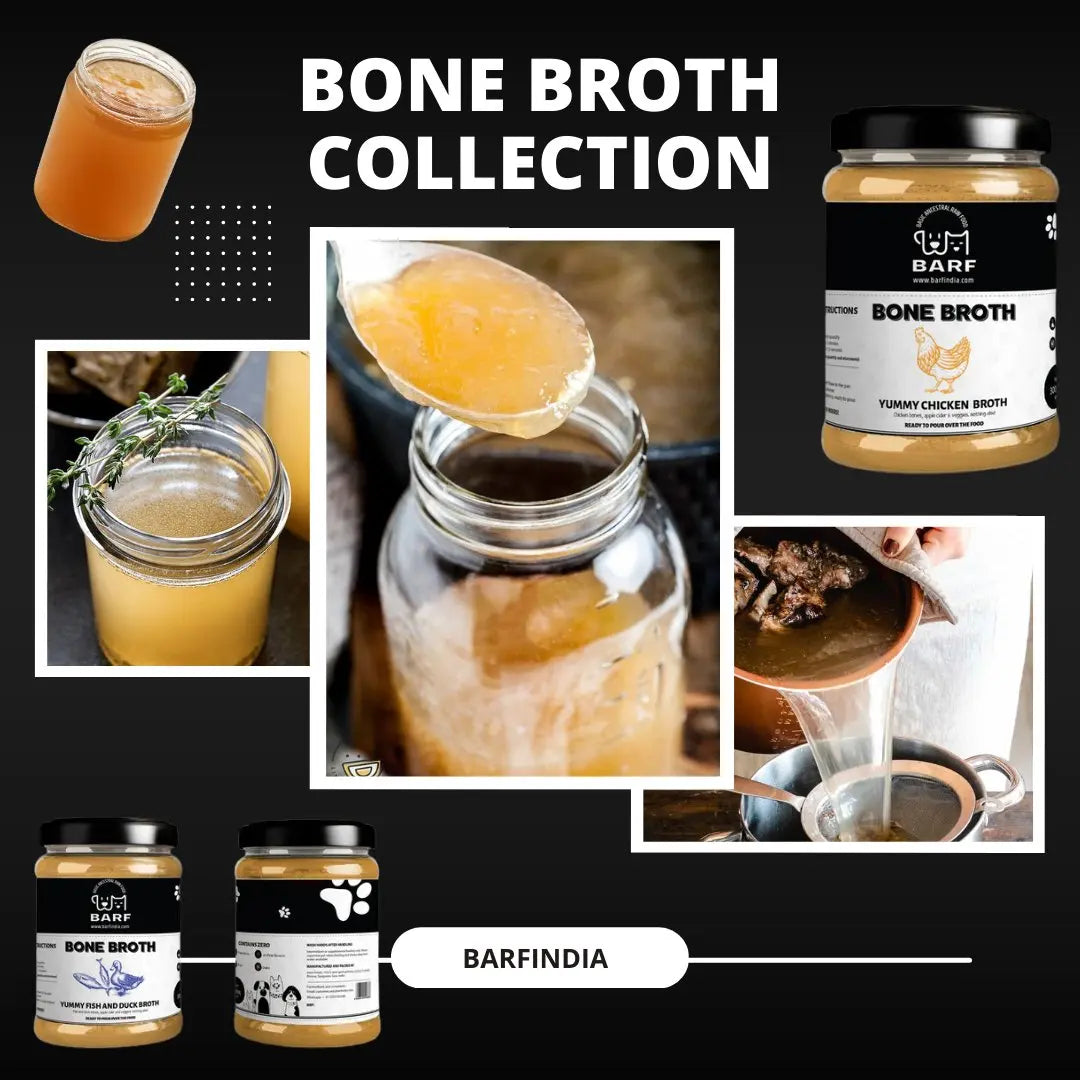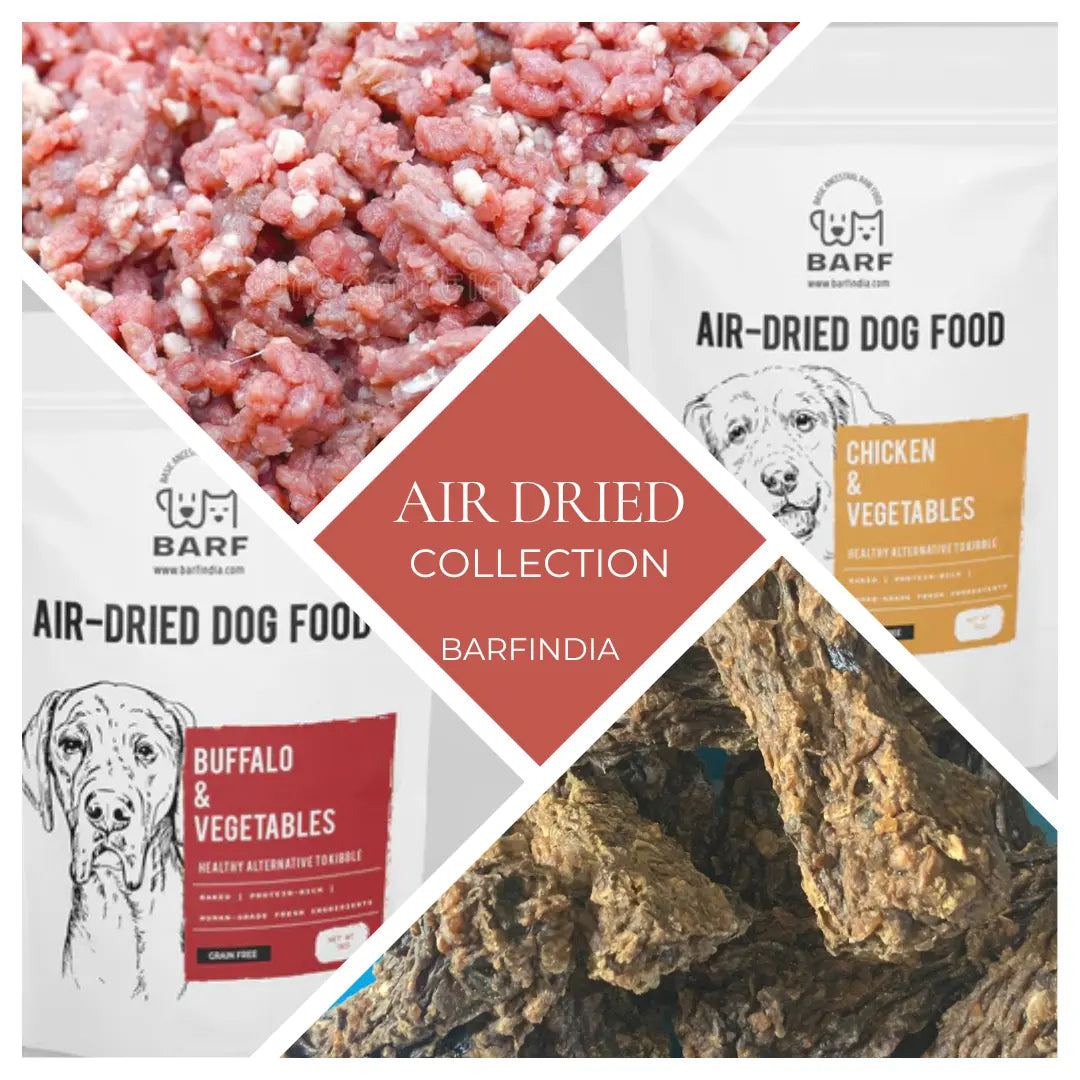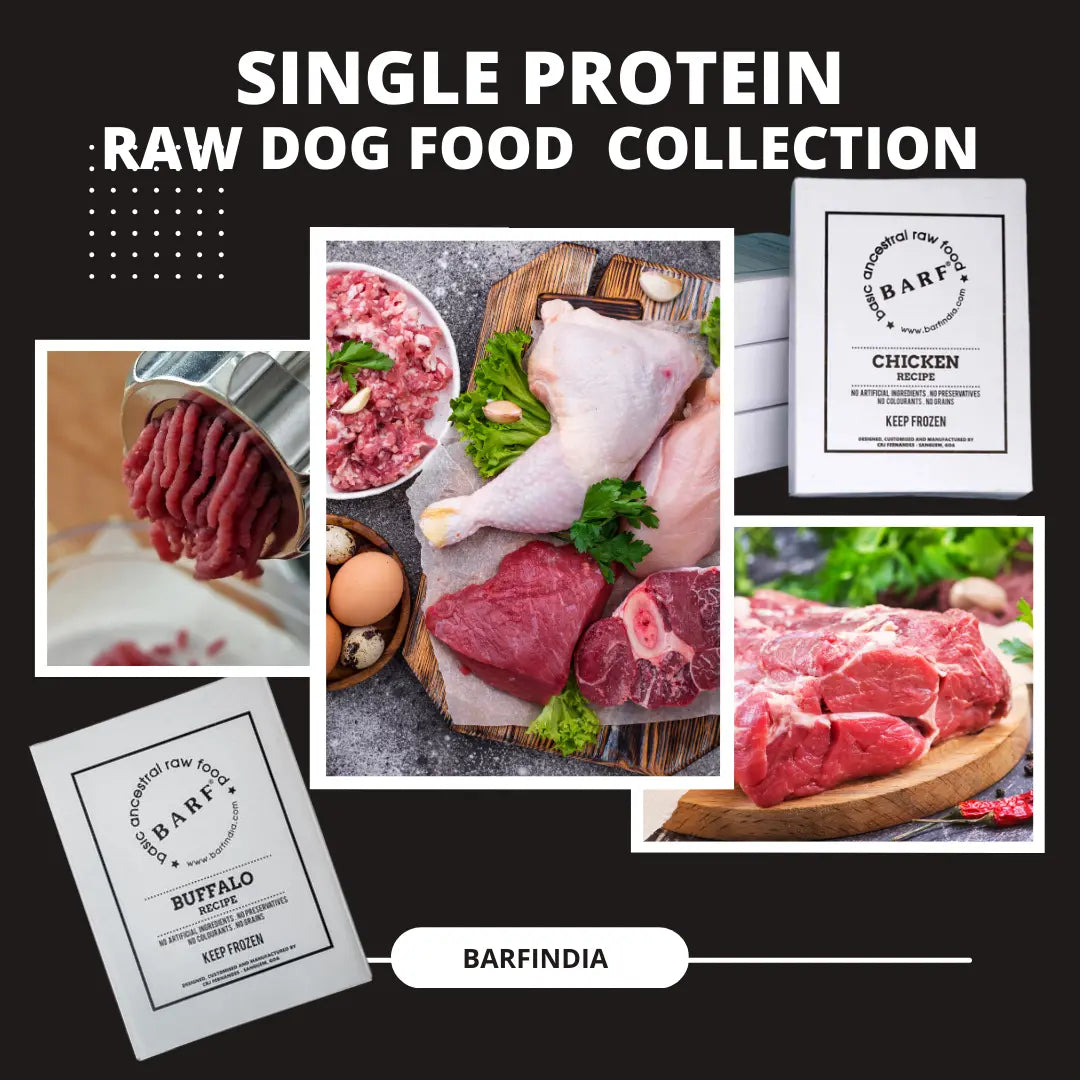
Pros and cons of feeding a pure vegetarian dog food.
B.A.R.F. India AdministratorFeeding pure vegetarian dog food to your dog:
If you’re a vegetarian out of choice for ethical or religious reasons, chances are that you will feed your pet vegetarian dog food and not want to venture anywhere near a meat store or a butcher’s shop. The thought of storing meat might almost be repulsive to you. But what do you do if you plan to adopt a pet? Why should I feed raw meat to my dog when I am a vegetarian? What are my options? “Easy!” you might say. “My pet will be a vegetarian too. I’ll feed him kibble. That’s not meat. Or I can feed him a vegetarian diet.
Respect the requirement that nature has designed for animals:
I think that when we deal with other human beings, one of the most important things that we are taught or that we keep in mind is that we learn to respect the differences in people; their choices, religion, their ethnicity, and even their food choices. It is rare to find someone who will not share a table with a meat-eater be it at the workplace or amongst friends or anywhere else for that matter. The twist here is that while dealing with our pets we are in control of their lives, yes, but we must not forget that they are not human beings; they are animals and they are carnivores. Someone once said that my dog is no longer a wolf but then he isn't a rabbit either!!
A wolf might feed on small quantities of vegetation, but his nature is designed to eat meat. So although your pet is a part of your family, he’s still built to eat raw meaty bones, organ meat, offal and yes, fruits and veggies too, but in small quantities to meet his nutritional requirements.
Why make the choice of feeding meats:
An alarming increase in various diseases has been plaguing our dogs and other pets; diabetes and cancer, joint issues, autoimmune diseases and whatnot. This is purely due to the lack of fresh, healthy food and an overdose of processed foods. If you remember - 10-20 years ago, dogs never had these ailments. Sadly with the advent of processed foods, it has led to convenience has created all these lifestyle diseases in our pets. Therefore, I cannot stress enough how important nutrition is to your pet’s health; mental, physical, and emotional and as pet owners, it is our responsibility to ensure that our dogs are supplied with food that will help them be healthy and live longer. If you as a vegetarian are hesitant to feed your pets a raw or a fresh meat diet, you can go about and meet raw feeders; join a local community or speak with us. You will see and hear that pet owner who have become raw feeders swear by the benefits of switching to a raw diet. Their dogs have a shiny new coat, their pets have whiter teeth, bad breath has disappeared and their dogs have gotten leaner and are more energetic. Not only that, but raw feeders will also tell you that their pet’s poop has an almost negligible smell and crumbles like ash. If that doesn’t convince you, meet their pets and spend some time with them and then observe your dog (if you already have one). Or click the link to learn more.
What options can we explore to feed meats:
As a vegetarian pet owner, you must make sure that the butcher’s shop you are buying the meat from is hygienic. This will at least give you some satisfaction that your pet is being fed fresh, healthy meat and not stale produce. If you are reluctant to visit the butcher shops there are a lot of online e-commerce portals that deliver fresh meats to your homes. If you do decide to become a raw feeder, there are many things you can do and precautions you can take to minimize the uncomfortable feeling you might have when you touch raw meat. For starters, if you can afford it, buy a freezer which will store the raw meat separately and in a separate part of the house (and not the kitchen):
- You can also keep a separate cutting area for the meat.
- Use gloves when handling your pets food.
- Keep a separate cutting board and knives, bowls and any other utensils for the meat
- Your apron can be different than the one you use for your fruits and veggies.
- Wash and disinfect the area, the utensils and of course your hands after you are done feeding your dog.
- Order pre-packaged meat online and you can simply thaw and serve.
Dangers of a Pure Vegetarian Dog Food for both Dogs and Cats:
- Plant-sourced omega-3 fatty acids are very difficult to absorb, and the most beneficial types of omega-3 fatty acids, EPA and DHA, are essential, meaning that they must be found in the diet as the body is not able to synthesize these fats.
- Maintaining a proper balance of amino acids, vitamins, and minerals is very difficult when feeding your pet homemade meals. Most vegan/vegetarian pet foods do have added nutrients, but these can often be in forms that are unknown to the body and therefore tough to absorb. (An amino acid imbalance can lead to enlarged heart and eye problems in cats, and it can even shorten their lifespan.)
- Pets on vegetarian/vegan diets will need regular blood work and other exams to ensure that they are getting optimal nutrition and not developing any deficiencies.
- Owners must pay closer attention to their pets to observe changes in urine or bowel habits.
- B vitamins, calcium, phosphorus, and iron are more readily available in meat, and easier to absorb from animal sources. These nutrients will have to be given as a supplement if feeding homemade meals.
 Dangers of Vegetarian Dog Food that Specifically Apply to Cats:
Dangers of Vegetarian Dog Food that Specifically Apply to Cats:
- Taurine (an important amino acid/protein) deficiency causes deterioration of the retina, resulting in blindness in cats. Their bodies are unable to create this protein and it must be available in their diet.
- Taurine deficiency can also cause a weaken, enlarged heart (or dilated cardiomyopathy).
- The reproductive systems of cats can also be negatively affected by a taurine deficiency.
- Cats have not evolved to properly digest vegetable matter, and they completely lack certain enzymes to digest certain types of carbohydrates. Their digestive systems simply aren’t built for breaking down plant matter.
- Other nutrients that cats cannot synthesize, and therefore must come from their diet, include: arginine, methionine, and cysteine (essential amino acids important for wound healing, heart health, building of other proteins, even DNA synthesis) and retinol (or vitamin A, a micro-nutrient necessary for night vision).
Special Diets for Allergy issues:
You can most definitely feed your pet a customized diet containing portions of fruits and vegetables to your dog if he has been diagnosed with food allergies or some disease. If your pet has a food allergy there are ways to get around it, but don’t turn your natural carnivorous dog into a vegetarian. Dog’s stomachs aren’t created to digest plants and vegetation; they have a short GI tract. It does not have enough time to absorb all the nutrients it needs to be healthy. That’s why it is recommended that fruits and veggies be crushed and given in small doses along with your dog’s meals. Also, look at your dog’s teeth and jaws; they are built to primarily chew bones & meat.
Have you given thought to BARF – Basic Ancestral Raw Food?
The best way to prevent food allergies and to keep your dog’s overall immune system in good shape is to feed him a balanced,
. And the best option is raw. A part of the wolf family (yes, even your sweet Lab or lap-sized Apso), your dog needs and will thrive beautifully on a raw diet. Raw food is a natural food and it contains the exact mix of all the nutrients and goodness that a dog would get if it were a wild creature. More importantly, it doesn’t have any of low quality protein that is not good for your dog. You can make your own raw food in the right proportion, or you can buy
food for your dog’s diet. Reduce the intake of processed and packaged dog kibble from your dog’s diet, and watch your furry companion’s allergies disappear.
Conclusion:
At the end of the day, we do realize that you own your pet and that you get to decide the components of her diet. But it’s important to remember that your pet is not you. And it’s not fair to expect them to go against their natural instinct because you’ve turned vegetarian or are one. Their health should be of prime importance to you just like your own health is. If you’ve turned vegetarian for health reasons, then your pet’s health and its requirements should be important to you too. I strongly recommend that you speak with other raw feeders to get varied perspectives and make an informed choice. You will also be able to buy meat products from hygienic sources or online based on recommendations from other raw feeders that are as passionate about their pet’s health as much as you are. OR You can just write to us and we’ll be glad to lay your concerns to rest.



